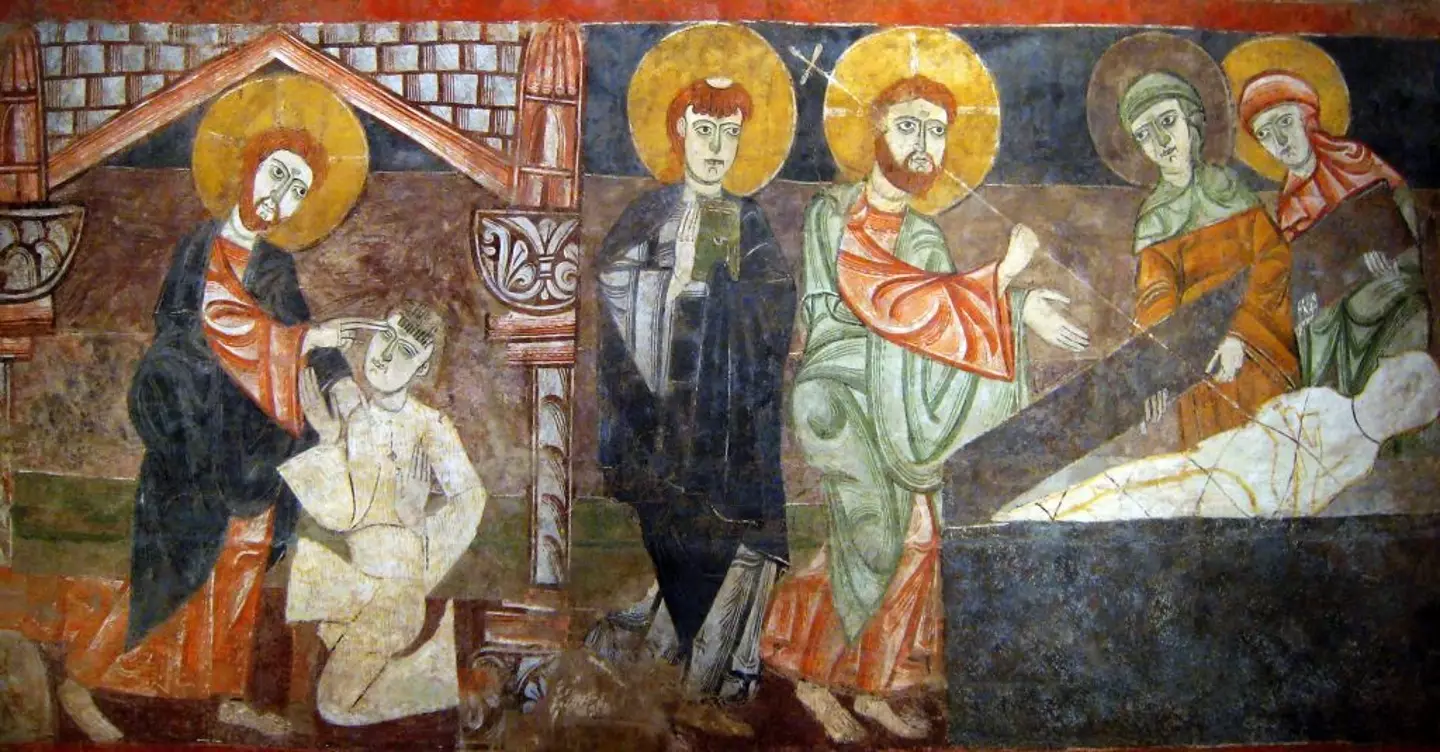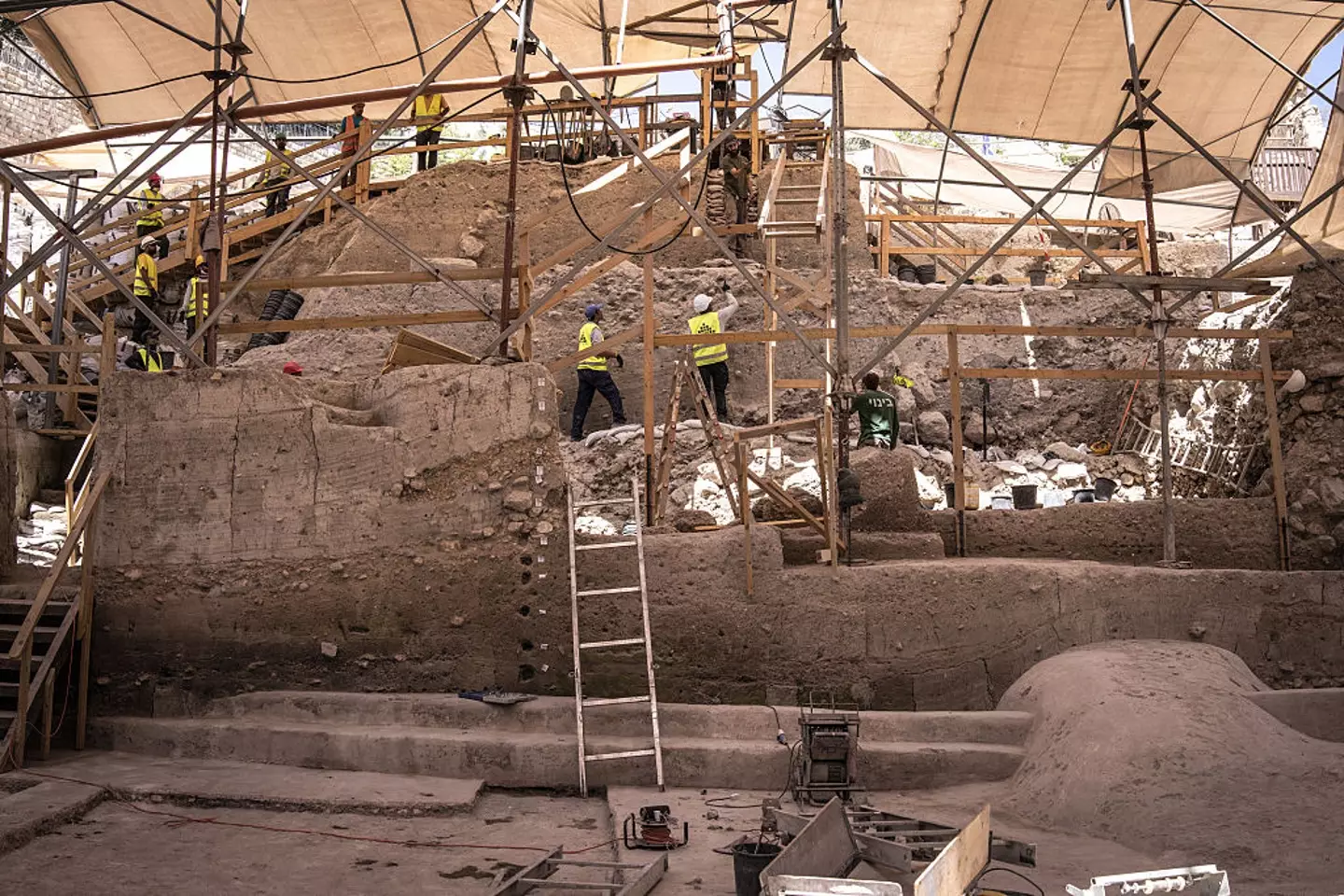A team of archaeologists have just uncovered a massive 2,800-year-old dam in Jerusalem’s City of David - and it’s located just steps from where Jesus is said to have healed a blind man.
According to the Gospel of John, the Lord told the blind man to go to the Pool of Siloam, which is located inside the Jerusalem Walls National Park - a spot with serious biblical significance - and was rediscovered back in 2004.
The moment is described in John 9:10–11: “‘How then were your eyes opened?’ they asked. He replied, ‘The man they call Jesus made some mud and put it on my eyes. He told me to go to Siloam and wash. So I went and washed, and then I could see.’”
This latest discovery was announced on August 30 after a joint excavation by the Israel Antiquities Authority (IAA) and the Weizmann Institute of Science.
Advert
The newly uncovered dam dates back to the 9th century BC, likely built during the reign of either King Joash or King Amaziah.

Researchers say it’s now the largest ancient dam ever found in Israel, and the oldest known in Jerusalem, and it is seriously massive - the stone structure stands around 39 feet tall, 69 feet long, and 26 feet wide.
Thanks to twigs and branches preserved in the mortar, scientists were able to pinpoint its construction to between 805 and 795 BC.
So what was it doing there? Turns out, it might have been ancient Jerusalem’s answer to a climate crisis.
“The dam was designed to collect waters from the Gihon Spring as well as floodwaters flowing down the main valley of ancient Jerusalem,” the excavation directors said.
“All the [studied] data pointed to a period of low rainfall in the Land of Israel, interspersed with short and intense storms that could cause flooding. … It follows that the establishment of such large-scale water systems was a direct response to climate change and arid conditions.”

Eli Escusido, director of the IAA, called it 'one of the most impressive and significant First Temple-period remains in Jerusalem', adding: “In recent years, Jerusalem has been revealed more than ever before… and many surprises still await us."
It comes as from when we reported on the discovery of an underwater city found by the 'resting place of Noah's Ark' - a revelation that may lead to the Bible story being re-written.
Europe's real answer to the mythical city of Atlantis is buried 85 feet beneath the water of Lake Van, close to Gevaş - a town at the bottom of the pool of water situated about 150 miles from Mount Ararat, where Noah's Ark is believed to have rested following the great flood.
